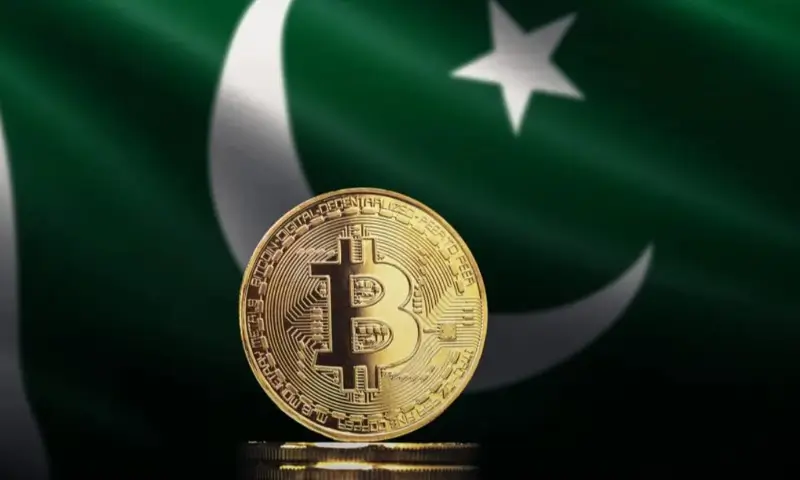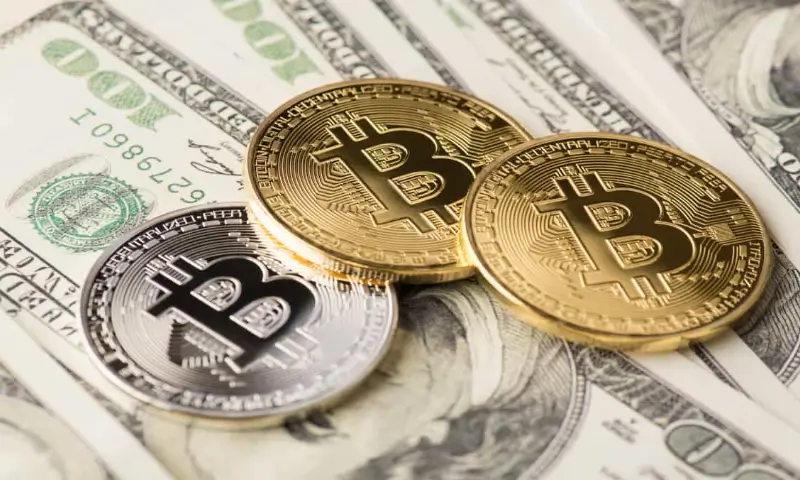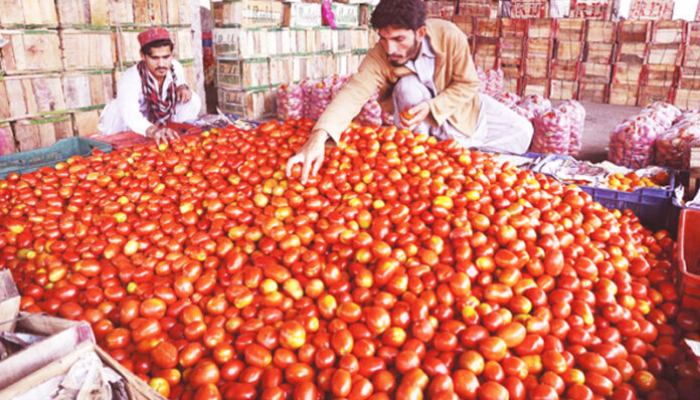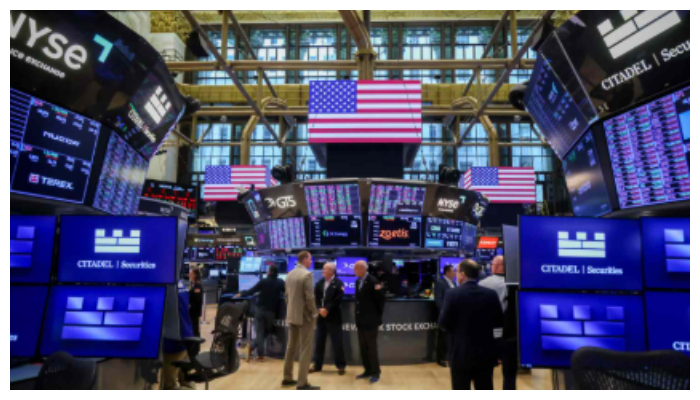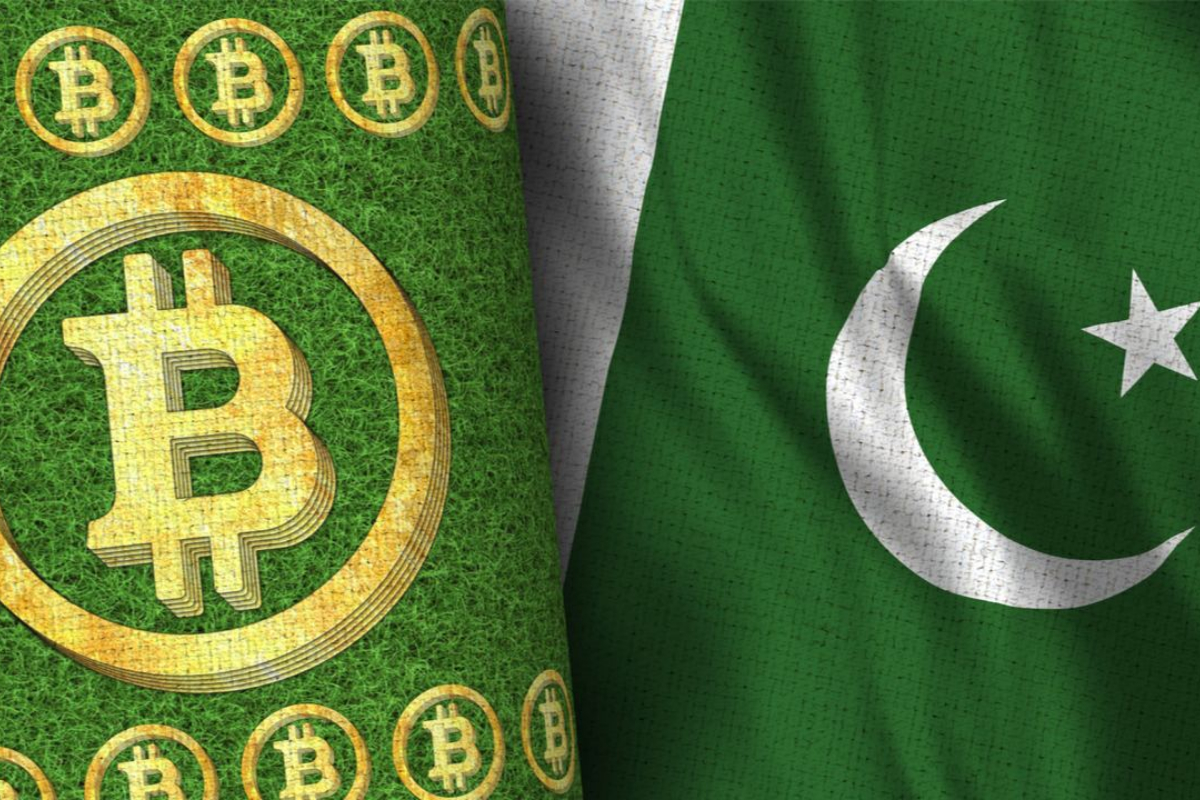KARACHI: To ensure external and price stability, the State Bank of Pakistan (SBP) hiked its benchmark interest rate by a hefty 250 basis points (bps) to 12.25 percent on April 7.
Pakistan’s central bank will meet today (Monday) to set its key policy rate for the next six weeks in order to keep inflation and economic growth in check.
Since September 2021, the SBP has hiked the rate by 525 basis points to control inflation and reduce the current account deficit.
The Monetary Policy Committee (MPC), led by acting governor Dr. Murtaza Syed, will convene for the first time to make decisions on the key policy rate.
Market expectations point to a 100 basis point increase, bringing the rate to 13.25 percent, as the central bank seeks to combat high inflation and an expected spike in oil costs in order to restart the stalled multibillion-dollar International Monetary Fund (IMF) programme.
However, some analysts believe that the monetary policy decision will not be as predictable as expected this time due to political and economic uncertainty at the global, regional, and domestic levels.
“Given concerns, rising inflation, and a weakening currency,” a Topline Securities analyst wrote in a research, “we anticipate the State Bank of Pakistan to raise the policy rate by 100bps.”
“Since the last Monetary Policy Statement (MPS) in April, secondary market rates including T-Bill/KIBOR rates have gone up by around 200bps due to uncertainty on the removal of subsidies on petrol and diesel and continuation of the IMF programme.”
Treasury notes cut-off rates, on the other hand, fell for the first time in almost a year in the most recent auction, falling 5-29 basis points to 14.49 percent, 14.70 percent, and 14.75 percent for three, six, and twelve months, respectively.
Topline Research surveyed top investment managers to get their opinions on the country’s economic prospects.
According to the survey results, around 54 percent of participants expected a 100bps rise, 14 percent expected a 150bps increase, and 11 percent expected a 200bps or greater increase.
Only 13% of participants, on the other hand, foresee a 50 basis point hike, while 9% expect no change.
Pakistan is currently experiencing difficult economic circumstances, with decreasing foreign exchange reserves, mounting fiscal deficits, and the new government’s indecisiveness on critical economic policies compounding economic woes.
“It will be key for the government to take the required reform steps, including removal of subsidy on petrol/diesel, measures to curb imports and improve tax collection. This will pave the way for the resumption of the IMF programme which currently remains stalled and will result in dollar flows that could ease pressure on the currency and foreign exchange reserves going forward,” the analyst noted.
Inflation is expected to rise even more in the following months. In the last two months, the rupee has lost about 10% of its value versus the US dollar, breaking through the 200-level last week. The rupee has been under substantial pressure due to a lack of import cover of less than two months and delays in the IMF bailout.
The weakening currency, along with record-high fiscal slippages, is expected to push consumer price index (CPI) inflation to 15-16 percent, justifying at least a 100 basis point interest rate hike.
For the latest Business News Follow BOL News on Google News. Read more on Latest Business News on oldsite.bolnews.com













